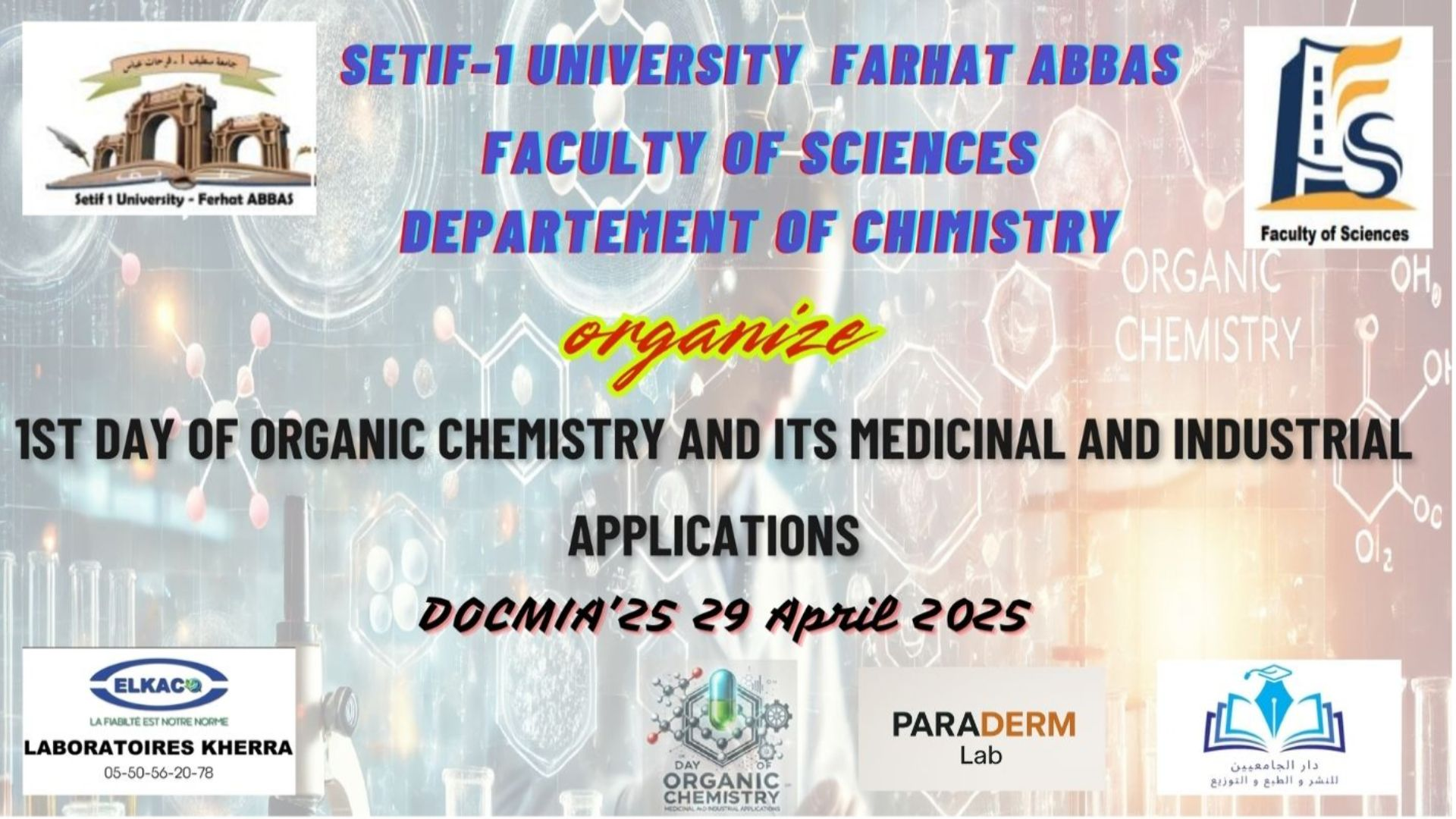Orateur
Description
Peganum harmala L. (Harmel) is a plant traditionally utilized in Algerian medicine for the treatment of various ailments. This study investigates the immunomodulatory effects of two extracts derived from P. harmala seeds: the crude seed extract (CSE) and the total alkaloid extract (TAE). Female NMRI white mice (Mus musculus) were administered CSE (20.72 mg/kg) and TAE (37.75 mg/kg) via intraperitoneal injection over a 20-day period.
Phytochemical profiling, employing Thin Layer Chromatography (TLC), identified a diverse range of alkaloids in the methanolic crude extract. The treatment led to notable alterations in behavior, fluctuations in body weight, and significant changes in relative organ masses. Biochemical assays revealed substantial increases in serum levels of aspartate aminotransferase (AST) and alanine aminotransferase (ALT), while hematological assessments demonstrated elevated white blood cell (WBC) counts, neutrophil (NEU) levels, and platelet-large cell ratio (P-LCR), alongside decreases in mean corpuscular volume (MCV), mean corpuscular hemoglobin (MCH), platelet count (PLT), and mean platelet volume (MPV).
Histopathological analysis showed no overt structural damage to organ architecture, but a pronounced accumulation of immune cells was observed in the thymus and adrenal glands. Although P. harmala is recognized for its anti-inflammatory properties, the findings from this study emphasize its potential to disrupt immune homeostasis, particularly through the excessive proliferation of neutrophils.
These results underscore the need for caution in the therapeutic use of P. harmala, especially in individuals with conditions characterized by immune dysregulation, to minimize the risk of adverse immune-related effects.
Keywords: Peganum harmala L, immune system, alkaloids, mice.

